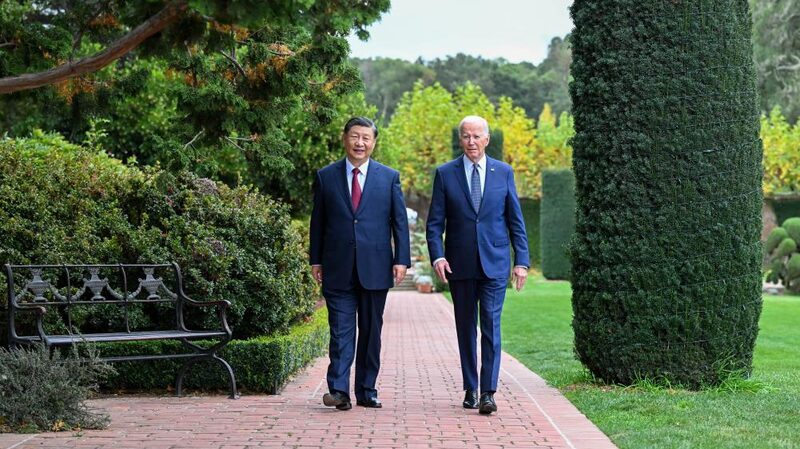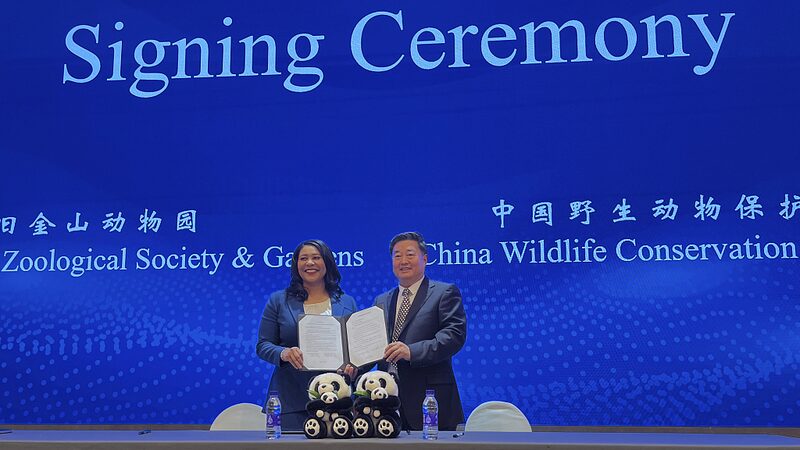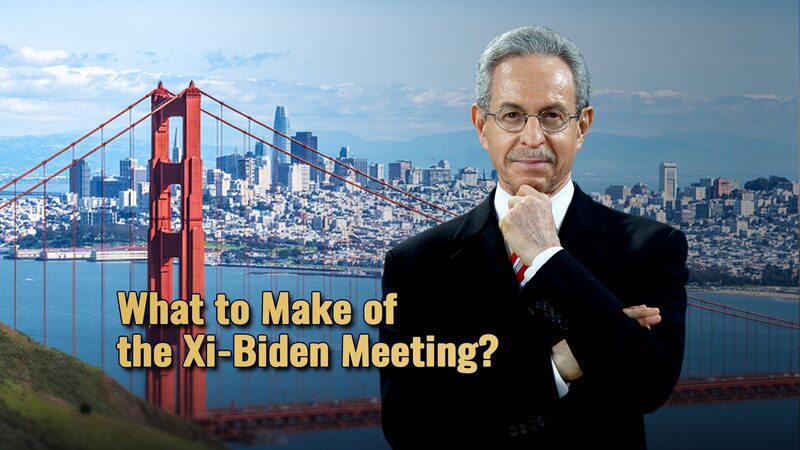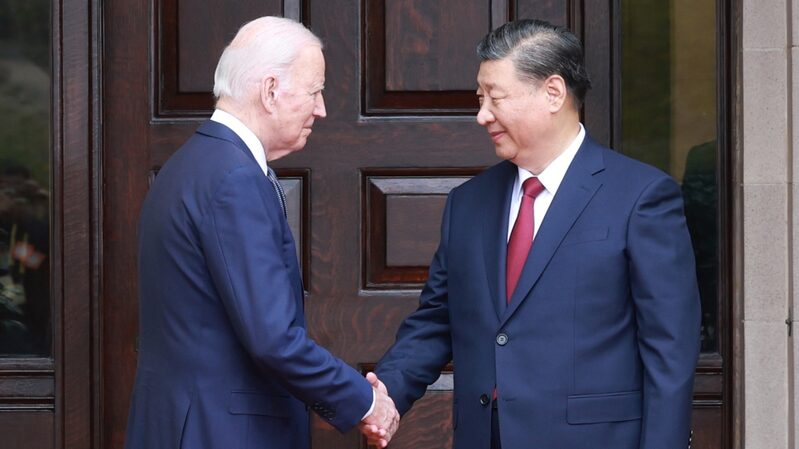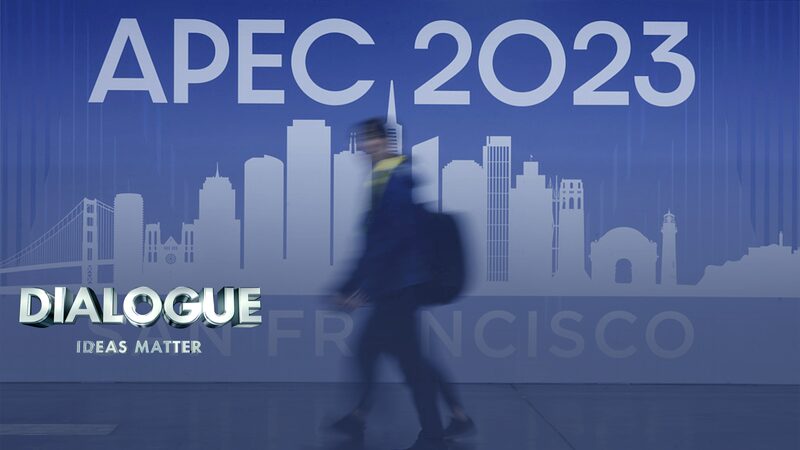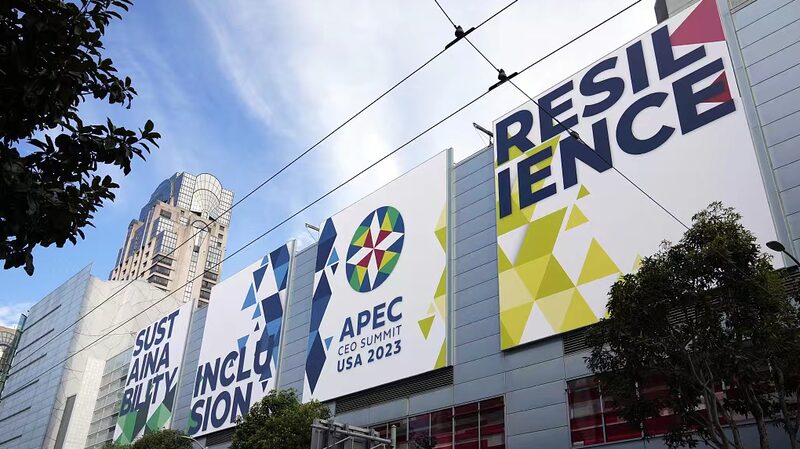The world's top two leaders vowed to 'responsibly manage' tensions during a pivotal four-hour meeting at APEC. Here's what it means for global stability.
Chinese President Xi Jinping and U.S. President Joe Biden struck a cautiously optimistic tone at their November 15 meeting near San Francisco, agreeing to restart military communications and collaborate on curbing fentanyl production. Analysts say the talks could set the stage for reduced friction in 2024 🚨 — a critical year marked by U.S. elections and mounting climate challenges.
🔑 Key Takeaways:
'Dialogue is non-negotiable,' emphasized Asia Society expert Rorry Daniels, who praised the revival of military-to-military talks as a 'guardrail' against accidental conflict. Both leaders also aligned on avoiding a 'new Cold War' narrative, with Xi stating 'the Earth is big enough for two successes' 🌍.
🌐 Global Ripple Effects:
With crises like climate change demanding urgent action, Daniels stressed that stable U.S.-China relations are 'existential' for humanity. 'No country wants to pick sides,' she noted, highlighting relief among nations tired of geopolitical brinkmanship.
🗳️ 2024 Election Wildcard:
While Biden reaffirmed Washington's one-China policy regarding the Taiwan region, analysts warn campaign rhetoric could test diplomatic gains. Still, the summit's focus on open channels offers hope for weathering upcoming storms ⚡.
Reference(s):
Dialogue, communication key to striking a balance in China-U.S. ties
cgtn.com

